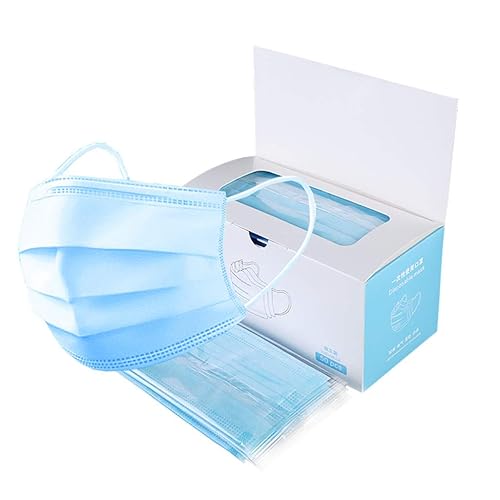The Centers for Disease Control and Prevention recommends the following daily actions to help prevent the spread of respiratory viruses
There is currently no vaccine to end coronavirus infection. However, the best way to do this is to avoid exposure to this virus, to prevent it.
The origin of the outbreak, whose first cases were detected in December, is found in a seafood and fish market in the Chinese city of Wuhan.
The name of the new virus is 2019-nCoV or Wuhan pneumonia. In addition, it is known that it has a different genome from other coronaviruses, it is new within the family and was not known.
In addition to the Wuhan Coronavirus (2019-nCoV), there are other types of human coronaviruses: the common cold, the Middle East respiratory syndrome (MERS) and the severe acute respiratory syndrome (SARS).
The Centers for Disease Control and Prevention recommends the following daily actions to help prevent the spread of respiratory viruses:
- Wash your hands frequently with soap and water for at least 20 seconds. If soap and water are not available, use an alcohol-based hand sanitizer.
- Avoid touching your eyes, nose and mouth with unwashed hands.
- Avoid close contact with sick people.
- Stay home when you're sick.
- Cover your cough or sneeze with the inside of your elbow, or sneeze into a tissue, then throw it away.
How to protect others
If you have cold-like symptoms, you can help protect others by doing the following
- Stay home while sick
- Avoid close contact with others
- Cover your mouth and nose with a tissue when you cough or sneeze, then throw the tissue in the trash and wash your hands
- Clean and disinfect objects and surfaces
Travelers to China should :
- Avoid non-essential trips to Hubei, including the provincial capital, Wuhan.
- Avoid contact with sick people.
- Older adults and travelers with underlying health problems may be at risk for a more serious illness.
- Avoid animals (dead or alive), animal markets and products that come from animals (such as raw meat).
- Wash your hands often with soap and water for at least 20 seconds. Use an alcohol-based hand sanitizer if soap and water are not available.
- If you traveled to China recently and feel sick with a fever or cough or have trouble breathing, you should:
- Seek medical attention immediately. Before going to a doctor's office or to the emergency room, call ahead and inform them about your recent trips and symptoms.
- Avoid contact with others.
- Do not travel while sick.
- Cover your mouth and nose with a tissue or sleeve (not your hands) when you cough or sneeze.
